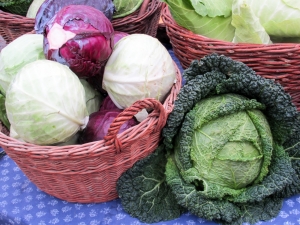By NOEL MURPHY
GEELONG could host a new food hub if Deakin University and urban sustainability firm Innate Ecology can draw State Government backing for their plan.
They want Spring St cash for a study into Geelong’s food producers and their operations in a bid to bolster existing and new agri-businesses.
With the agriculture sector already making up 37 per cent of Geelong’s manufacturing base, Deakin and Innate Ecology want to explore emerging food business, intensive farming opportunities and prospects for new collaborations in producer-to-consumer supply links.
Innate Ecology’s Suzette Jackson said local government and “a number of regional agriculture industry groups and businesses” supported the plan.
“Work is expected to commence later this month,” she said.
G21 agribusiness forum chair Russell Coad, also a board member of City Hall’s Enterprise Geelong, said the plans dovetailed neatly with efforts to accelerate the region’s $2.7-billion-a-year farming sector.
The sector, which employed 10,000 people locally, was essential to the region with traditional manufacturing in decline, he said.
Geelong already had projects such as wagyu beef farming on the horizon, while new research and education facilities, intensive agriculture precincts, targeted trade missions and an available labour force would help drive further growth in the sector, Mr Coad said.
Ms Jackson said the Geelong Food Hub feasibility study would identify and map existing producers and systems in the region to build a better understanding of its food economy.
“The study will further identify gaps and opportunities for growth within the local food economy,” she said.
“The project will build the scope and understanding of the urban food cycle in Geelong incorporating food access, local distribution and agricultural production for the region and assess the commercial feasibility of operating a Geelong food hub for the current population and predicted population needs for 2030.“
“The project seeks to address regional and intrastate distribution models for farmers direct to consumers, and consider regional small-scale food hubs.”









